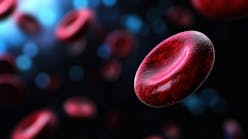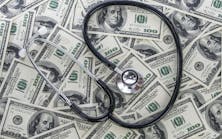The National Institutes of Health and other groups offering guidelines have long recommended that patients be instructed to fast for nine to 12 hours before taking a blood lipid test to measure the levels of HDL (high-density lipoprotein) cholesterol and LDL (low-density lipoprotein) cholesterol in the blood as well as triglycerides. A recent study published online in the journal Circulation, however, has provided evidence that fasting before such testing may serve no prognostic purpose.
Researchers gathered their findings after studying blood lipid readings in 16,000 cases from a nationwide database. Approximately 10,000 of the readings were taken after a fast of more than eight hours; the rest were taken after briefer periods of fasting. Researchers tracked the two groups for an average of 14 years to see if a fasting or non-fasting reading was a better predictor of the risk for heart disease and death.
Fasters and non-fasters were compared and matched for race, sex, smoking status, diabetes, high blood pressure, and other characteristics. The analysis found that there was no difference over the 14-year period in terms of the predictive value of fasting or non-fasting readings for either cardiovascular or all-cause mortality.
“A non-fasting test provides the same prognostic value as a fasting test,” says senior author, Sripal Bangalore, MD, associate professor of medicine at NYU Langone Medical Center. “There is no robust data supporting the utility of fasting, and it’s high time we stopped insisting on it,” he added. Read the study abstract.
Read more





